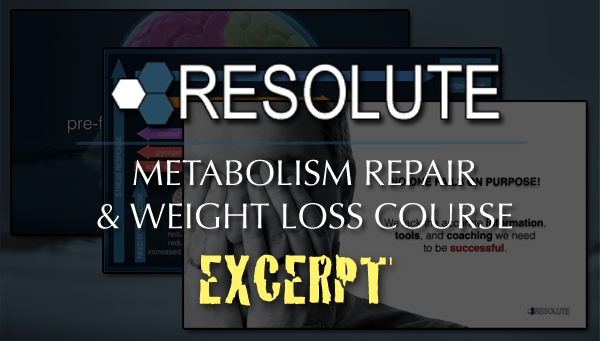Take a minute to look at this list and consider what they all have in common:
- physical injury lack of sleep
- workpoor diet
- family dynamics driving cars
- watching the news violence on tv
You guessed it. They are all sources of stress. And in combination they can be overwhelming and result in suboptimal performance or chronic conditions. When we think of stress responses the first things that comes to mind are the symptoms of acute stress, like we would experience in a car wreck. These include:
- Acceleration of heart rate and respiration
- Inhibited digestion
- Constriction of Blood Vessels
- loss of hearing
- loss of peripheral vision
- But many of us walk around everyday with symptoms of chronic stress which we may not recognize at first. Symptoms of chronic stress may include:
- memory problems
- inability to concentrate
- seeing only the negative
- constant worrying
- depression
- moodiness
- aches and pains
- frequent colds
- eating more
- sleeping too little
- using alcohol, cigarettes, drugs, or food to relax
- nervous habits
- low stomach acid
- chronic fatigue
- low metabolism
- tight muscles
So, people decide its time to get in shape. They decide to start dieting and exercise, and a few days or weeks later they are not sticking to their plan, and they feel they have failed.
But the reality is they simply had too much stress in their lives and when the brain has to choose between survival and performance, it will always choose survival.
When the body is stressed it produces a physical response. There is a cascade of hormones that activate the sympathetic nervous system responsible for fight or flight, while deactivating the parasympathetic nervous system responsible for rest and repair.
This response originates with the nervous system, specifically the limbic portion of the brain and that includes the amygdala which brings together sensory input, memory, and emotion. This is important because the amygdala is responsible for keeping us safe by immediately responding to sensory input without having to process through slower systems.
The downside to this response is that it sometimes makes mistakes. For example, have you ever watched a scary movie and got startled? You experienced the same physiological effects as if the threat where present and real. However, the response was inappropriate since the threat was was just a projection on TV.
This same effect happens all the time in our busy lives. There are many, many stresses in our lives that pose us no actual physical harm but are misinterpreted as threats and trigger a physical stress response.
Time is one of these stresses that we all experience. The idea that something has to to be accomplished in a fixed amount of time based on the ticking of a clock is completely foreign to our brain. And produces an immense amount of ever present stress.
Now, this is especially important to understand. The prefrontal cortex is responsible for problem solving, planning, attention, and inhibition. In fact, the only time we can inhibit our behavior is when the pre-frontal cortex is available. But during period of stress the prefrontal cortex is less active. And the body is driven more by the amygdala which responsible for emotional based responses.
So, if we are trying to change our habits such as starting a new diet or exercise regime the last thing we need is more stress because the part of the brain responsible for problem solving, planning, attention and inhibition has been suppressed. And the very effort of trying to institute too much change too quickly has derailed our ability to succeed.
If we try to change just one habit at a time we have an 80% chance of success. If we try to change two habits at a time we have a 35% chance of success. And if we try to change three or more habits at once we have less than a 5 percent chance to succeed.
Now if our goal is to diet and exercise, how many habits have we just committed to? Two? How about hundreds. Just trying to start a diet means we have to plan to eat different meals, we have to shop differently, we have to cook differently, we may have to change our schedules or where we shop and when. Are you starting to get the picture?
This is an excerpt of the RESOLUTE online weight loss and metabolic repair course inspired by the work of Dr. Ray Peat, Dr. Broda Barnes, Dr. Brene Brown, Dr. James Prochaska, Dr. Martha Beck, Dr. Judith Beck, and Dr. Hans Selye.
Taiso Fitness and Nutrition
If you are looking for a shared personal training experience try Taiso Fitness and Nutrition. We are Tacoma’s fitness and nutrition gym for people who want to get out of pain or improve performance, who need immediate, measurable results, and want to make educated decisions to take control of their health.
Shared personal training provides the coaching of a personal trainer with the social support of a bootcamp style class.
Set up a complimentary consultation, or start a 21 Day Risk Free Trial. Stay up to date on the latest information through our website at www.taisofitness.com
Looking for an online course to help lose weight by repairing your metabolism and lowering your stress? Try RESOLUTE The Step-By-Step Program for People Who Want To Repair Their Metabolism.

